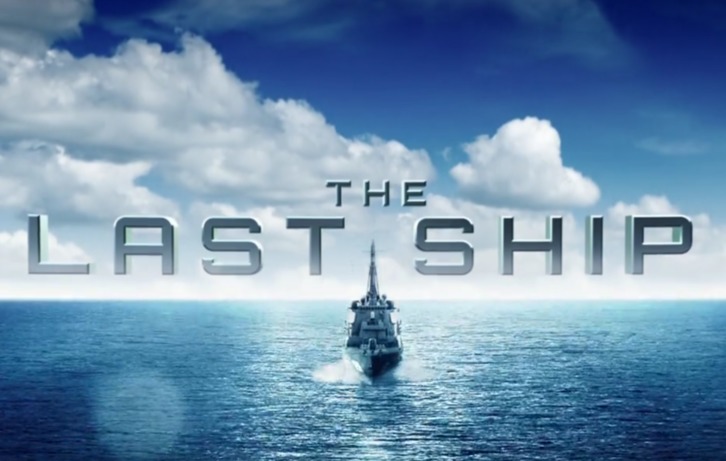Tell me you do this too, look serious and say it isn’t just me. I measure the passage of time by TV series. I don’t mean to say that you and I should meet for a coffee at a quarter past “Buffy the Vampire Slayer” or on July “24”.
I mean Buffy lasted for seven years. Thriller “24” ran for eight years in its original run. The remake of “Hawaii Five-O” has just ended after a decade. It’s not even as if I followed these shows –– I like Buffy and 24 a lot but didn’t stick with either, I didn’t like Hawaii but the remade theme was fantastic –– yet I am conscious that they came and they went. I talked about “Hawaii Five-O” in my 2005-2010 podcast UK DVD Review and since then, I’ve talked more and they made 240 episodes.
Then “Doctor Who” is heading very close to its 60th anniversary and I remember vividly running across Birmingham because I’d booked the wrong cinema to see its 50th special. Realising that there were two Odeon cinemas and I was not in the most right one, feeling the skin on my lungs as I ran across the city, that was ten minutes ago, not most of a decade.
And speaking of most of a decade, the reason I am thinking of all this yet again now is that “Leverage” ended in 2012 after five years. It’s back today, after what WolframAlpha.com tells me is 3,118 days. What in the world have I done in the last 8 years, 6 months and 14 days? Well, I’ve watched “Leverage” again, I can tell you that.
Otherwise, television drama comes and goes, time ticks on. I think of the immense effort that goes into creating a series and keeping it going for years, and then I think about how quickly that is gone. One moment “Leverage” is a series on US television, the next it was a series on US television.
And now it’s again a series on US television, albeit now called “Leverage: Redemption”. I don’t know when I’ll get to see it here in the UK, but I do know that however successful it is, however many years it runs, it is going to be over astonishingly fast, before I get around to doing anything.
Now we’ve moved from broadcast television to streaming, I don’t get the same thing of seeing a pilot episode one day and hearing the series finale is on ten minutes later. But I do get the discovery that while I was looking away, entire series have come and gone. The other week I came across the script to the pilot episode of “The Last Ship”, for instance. I’d not heard one syllable about this show but it turns out to have run very successfully for five years.
Five years of work and I missed it. But can now watch it anyway, which is what I’m doing while I wait for “Leverage: Redemption” to come to the UK.
We get so little time. I think people who funnel that time into television drama pull off a gigantic feat and I think they make something that lives and lasts beyond its time. In this case, so much so that demand brings it back for another go.
I think you and I should make some television. Waddya say?
